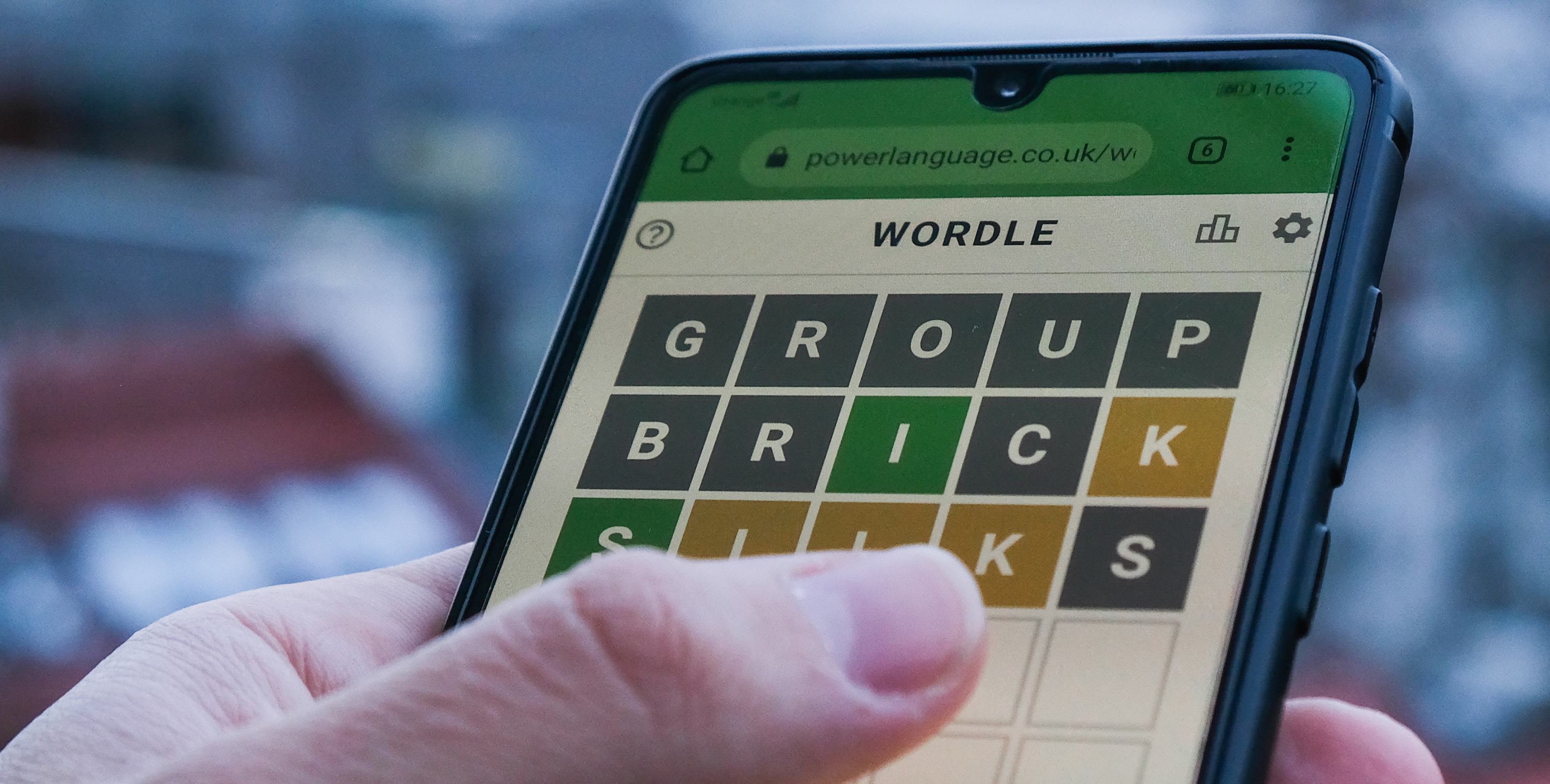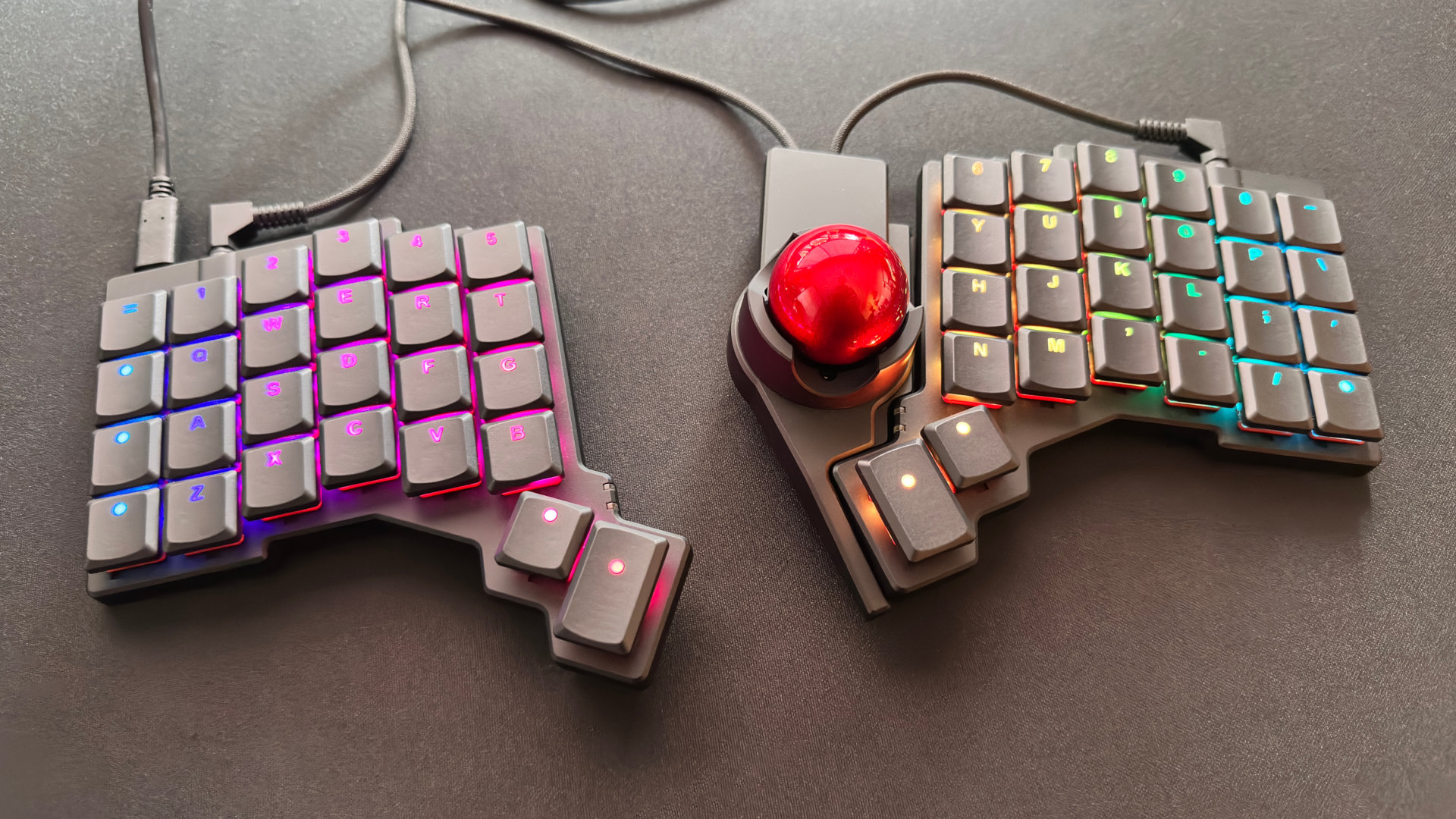New Wordle game lets you compete with your friends and family head-to-head
Two players enter the same Wordle grid, and only one leaves the winner.

For a singleplayer puzzle game, Wordle is surprisingly social, whether you're sharing your results on Twitter, comparing your score with friends or partners, or just discussing the daily solution with coworkers.
But if you really want to involve another player in your letter puzzling, and raise the stakes with a nerve-wracking timer, let me point you to WeWordle. It's a two-player version of the puzzle game, and you share your grid with either an anonymous internet player or a friend you've invited.

Today's Wordle: Take a hint
Games like Wordle: More daily puzzles
Wordle tips: Don't let it STUMP you
WeWordle is one of the many, many games like Wordle that have cropped up over the past few months, but this version turns it into a turn-based competitive match. You and your opponent (you can generate a code to send to a friend or have the game find a stranger to play with) will take turns trying to guess the secret five-letter word. Apart from it being a two-player game, the familiar Wordle rules apply: green means the letter is in the right place, yellow means it's in the wrong place, and gray means the letter doesn't appear in the secret word.
The timer only gives you 20 seconds to make a guess, and boy does that clock drain quickly. This isn't a leisurely puzzle to play on your phone while lying in bed. It's defusing a bomb, but the bomb is a word. If time runs out on your turn, your opponent wins and you're both shown the answer. But that's not nearly as satisfying as winning by getting the word right.
The stress of the timer, and the fact that making a good guess will benefit your opponent more than you, gives WeWordle a completely different feel from the original Wordle. And there's no need to limit yourself to a single puzzle a day: after playing a round, you can bitterly invite your opponent to a rematch or look for a new player to throw letters at.
Keep up to date with the most important stories and the best deals, as picked by the PC Gamer team.

Chris started playing PC games in the 1980s, started writing about them in the early 2000s, and (finally) started getting paid to write about them in the late 2000s. Following a few years as a regular freelancer, PC Gamer hired him in 2014, probably so he'd stop emailing them asking for more work. Chris has a love-hate relationship with survival games and an unhealthy fascination with the inner lives of NPCs. He's also a fan of offbeat simulation games, mods, and ignoring storylines in RPGs so he can make up his own.

